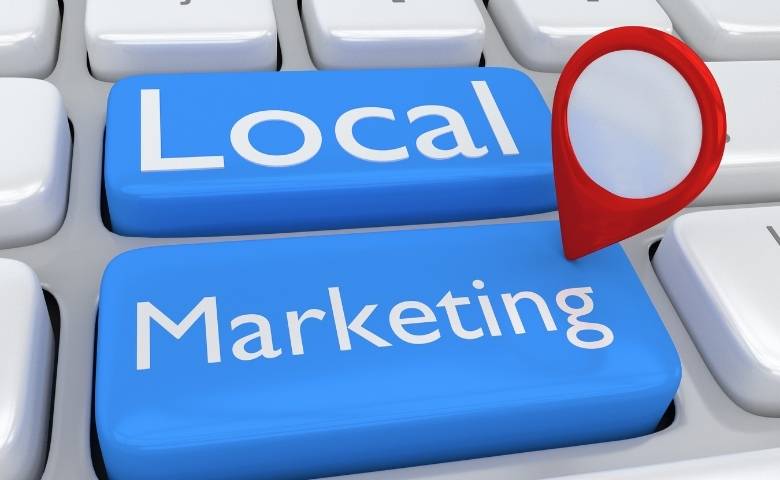In today’s digital world, local SEO has become essential for businesses that want to attract customers in their area. Whether you’re a small brick-and-mortar store or a local service provider, optimizing your website for local searches can significantly boost your visibility and drive more foot traffic to your business.
Local SEO helps you appear in search results when nearby customers are looking for products or services you offer. In this guide, we’ll explore practical strategies to help you optimize your website and dominate local search results, ensuring that your business stands out in your community
Claim and Optimize Your Google Business Profile Listing
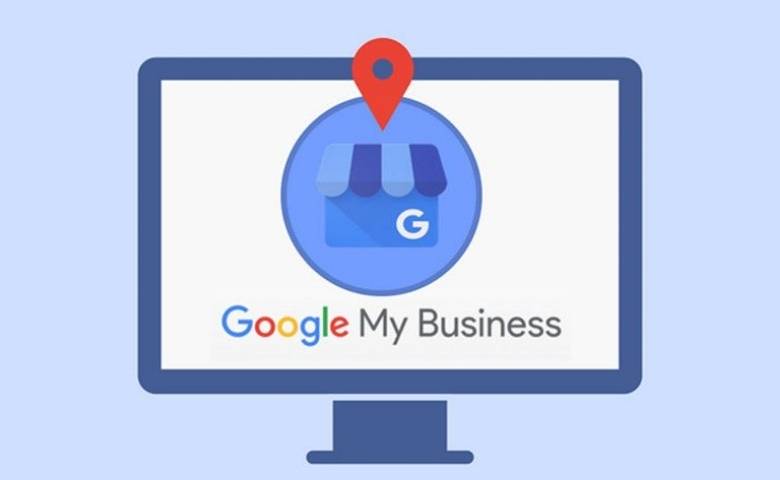
One of the most critical steps in local SEO is claiming and optimizing your Google Business Profile (GBP) listing. This free tool from Google lets you control how your business appears in local search results and on Google Maps.
Having a well-optimized GBP profile helps you show up in the Local Pack—the set of three local businesses that appear at the top of search results when someone makes a local query.
Claim Your Listing
To begin, search for your business on Google Maps or Google Search. If it’s already listed but not claimed, you’ll see an option to claim it. Follow the steps to verify your business through a postcard, phone, or email. Alternatively, you can seek assistance from experts like GrowBig Digital, who specialize in optimizing Google Business Profiles to help businesses rank higher in local search results.
Optimize GBP’s Key Information
Once you’ve claimed your listing, it’s time to optimize the details:
- Business Name: Ensure it’s consistent with the name on your website and marketing materials.
- Address and Phone Number: Double-check that these are correct and match across all platforms.
- Category: Select the most accurate category that reflects your business services.
Enhance Your GBP’s Profile with Photos and Descriptions
Adding high-quality photos of your business, including your storefront, products, and team, can help make your profile more attractive. Write a compelling business description that includes local keywords relevant to your industry and location.
Use Local Keywords Effectively

Targeting the right local keywords is the foundation of a successful local SEO strategy. Local keywords are search terms that include location-specific phrases, helping your website rank when people search for services in your area. Using these keywords strategically on your website can significantly boost your visibility in local searches.
Research Local Keywords
Start by identifying keywords relevant to your business and location. Use tools like Google Keyword Planner, Ubersuggest, or SEMrush to find high-traffic search terms in your area. For example, if you’re a plumber in Chicago, terms like “plumber in Chicago” or “emergency plumbing services Chicago” are valuable keywords.
Optimize Your Website Content
Once you’ve identified your target local keywords, it’s essential to use them effectively throughout your site. Incorporate them naturally in key areas, such as:
- Page Titles and Meta Descriptions: Use local keywords in titles and descriptions to improve visibility in search results.
- Headings and Subheadings: Include local phrases in H1, H2, and H3 tags for better SEO performance.
- Content: Add location-based keywords to your homepage, service pages, and blogs to ensure relevance.
Create Location-Specific Landing Pages
If your business serves multiple areas, consider creating separate landing pages for each location. These pages should target local keywords and include unique content that appeals to customers in each area. For example, a roofing company that operates in multiple cities could create pages like “Roofing Services in Dallas” and “Roof Repairs in Fort Worth.”
By strategically using local keywords, you can help your business appear in front of local customers who are actively searching for the services you provide.
Optimize for Mobile and Voice Search

As more people use mobile devices and voice search to find local businesses, optimizing your website for these platforms is no longer optional—it’s essential. With Google’s shift to mobile-first indexing and the rise of voice-activated assistants like Siri and Alexa, businesses need to ensure that their sites are accessible and user-friendly on mobile devices and optimized for voice search queries.
Ensure Your Site is Mobile-Friendly
A mobile-friendly website is crucial for both user experience and search rankings. Google prioritizes sites that offer seamless browsing on smartphones and tablets. Here are a few key steps to make your site mobile-optimized:
- Responsive Design: Ensure your website automatically adjusts to fit any screen size.
- Fast Load Times: Use tools like Google PageSpeed Insights to assess your site’s loading speed. Compress images and minimize code to improve performance.
- Easy Navigation: Make sure your site is easy to navigate on small screens, with clear call to action and minimal clutter.
Optimize for Voice Search
With voice search on the rise, optimizing your site for Natural Language Processing (NLP) is critical. Voice searches are typically more conversational and question-based (e.g., “Where can I find the best pizza near me?”). To optimize for voice search:
- Use Long-Tail Keywords: Incorporate long-tail keywords that match how people speak, rather than just short, generic terms.
- Focus on Local Phrases: People often use voice search to find nearby businesses, so emphasize location-specific phrases.
- Create a FAQ Section: Add a frequently asked questions (FAQ) page to your site. This helps answer common voice search queries and improves your chances of ranking for these searches.
By optimizing your website for mobile devices and voice search, you ensure that potential customers can easily find your business when searching on the go or using voice-activated technology.
Ensure Consistent NAP Information Across Directories
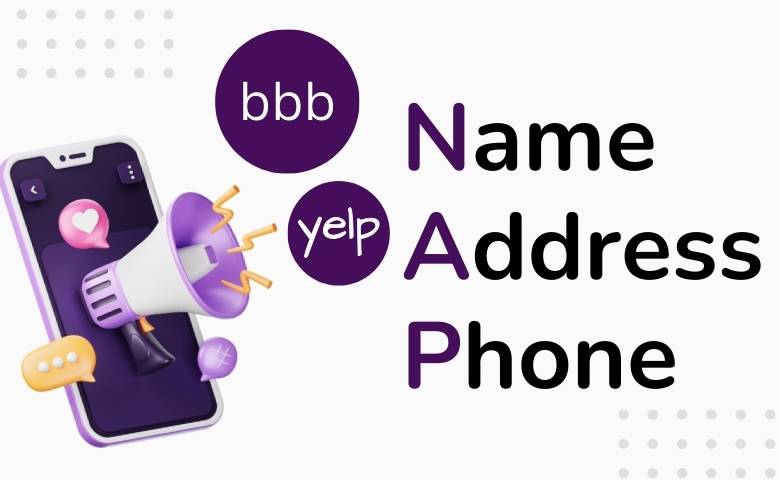
One of the simplest yet most crucial aspects of local SEO is ensuring your NAP (Name, Address, Phone Number) information is consistent across all online directories and platforms. Inconsistent NAP information can confuse search engines and potential customers, negatively impacting your local rankings and trustworthiness.
Audit Your NAP Listings
Start by conducting an audit of your NAP information across major directories like Google Business Profile, Yelp, Facebook, and local directories. Use tools like Moz Local or BrightLocal to scan for inconsistencies. Even small discrepancies, such as different abbreviations in your address, can affect your local SEO.
Update Information Across All Listings
Once you’ve identified discrepancies, update your NAP information to ensure consistency. Make sure your business name, address, and phone number are identical across all platforms, including your website, social media pages, and online directories.
Monitor and Maintain Consistency
After correcting inconsistencies, set up a system to regularly check and maintain your NAP information. As your business grows or expands, updating your contact information across all listings becomes even more critical to keep your local SEO efforts effective.
By ensuring your NAP information is accurate and consistent, you build trust with both search engines and potential customers, which can boost your local rankings.
Create and Optimize Local Content
Creating content that resonates with your local audience not only strengthens your connection to the community but also helps improve your local SEO. Google prioritizes relevant, localized content that addresses the specific needs of users in your area.
Write Content for Local Audiences
Develop blog posts, service pages, and landing pages tailored to your local community. Focus on local events, news, and topics that your audience cares about. For example, if you run a landscaping business, create blog posts like “Best Landscaping Ideas for Austin Homeowners” or “How to Maintain a Garden in the Phoenix Climate.”
Incorporate Local Keywords
Make sure to naturally incorporate local keywords into your content. Use terms that reflect your business’s location and services, such as “plumbing services in Seattle” or “best restaurants in downtown Denver.” This helps your content rank higher for location-based searches.
Leverage Customer Success Stories
Share local customer testimonials and case studies that highlight your expertise in serving your community. This not only builds trust but also helps create content that is highly relevant to local search queries.
By creating and optimizing local content, you establish your authority in the area while increasing your chances of ranking higher for local searches.
Build High-Quality Local Backlinks
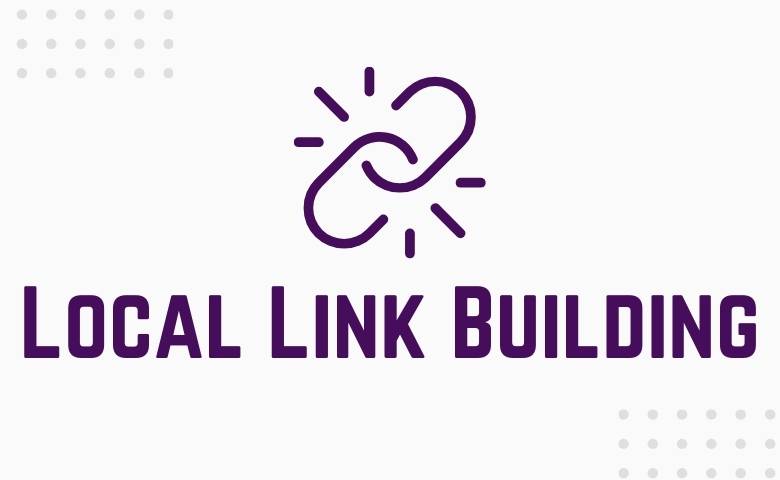
Backlinks, or links from other websites to yours, play a significant role in boosting your local SEO. When local websites link to your business, it signals to search engines that your business is relevant and trustworthy within your community.
Partner with Local Businesses
Collaborate with other local businesses to build mutually beneficial backlinks. You can exchange guest posts, sponsor local events, or collaborate on community projects. These partnerships can lead to high-quality local backlinks that boost your SEO.
Get Listed in Local Directories
Submit your business to reputable local directories and online listings, such as Yelp, TripAdvisor, or your city’s Chamber of Commerce website. These backlinks not only improve your SEO but also increase your visibility to potential customers in the area.
Engage with Local Media
Reach out to local newspapers, blogs, and news outlets for features or mentions. Local PR efforts can result in high-authority backlinks from trusted sources, further improving your site’s local SEO and credibility.
By building high-quality local backlinks, you strengthen your online presence and establish authority in your local market, leading to higher search rankings.
Encourage and Manage Customer Reviews
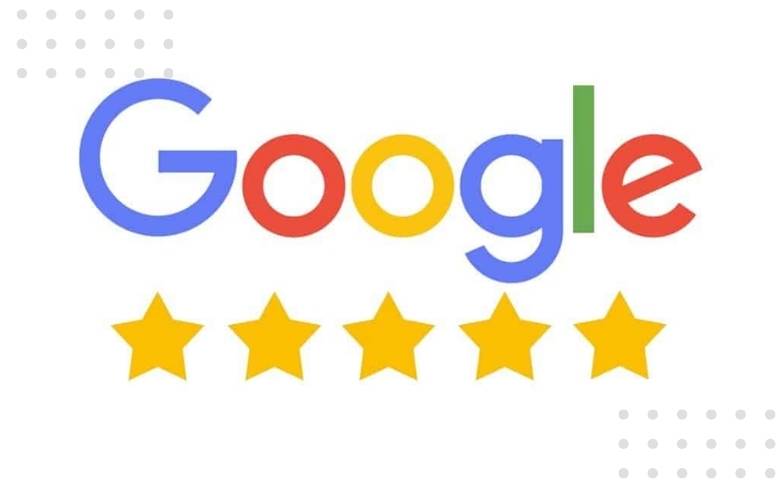
Online reviews play a significant role in local SEO, as they influence both search rankings and potential customers’ decision-making. Positive reviews can boost your credibility, while a lack of reviews or negative feedback may deter prospects. Managing customer reviews effectively is crucial for your local SEO success.
Encourage Satisfied Customers to Leave Reviews
After a successful transaction or service, ask your satisfied customers to leave a review on Google, Yelp, or other review platforms. You can make it easy for them by sending follow-up emails with direct links to your review pages or by offering in-store prompts.
Respond to Reviews—Both Positive and Negative
Engaging with customer reviews is essential for building trust. Always respond to positive reviews to show appreciation. When handling negative reviews, respond professionally, address the issue, and offer to resolve it. This shows potential customers that you care about customer satisfaction and are proactive in addressing concerns.
Monitor and Improve Your Reputation
Regularly monitor your reviews using tools like Google Alerts or Reputation.com. Responding promptly and professionally helps maintain a positive image and improves your chances of attracting more customers. A solid reputation, supported by positive reviews, can boost your local SEO rankings.
By encouraging and managing customer reviews, you not only enhance your local SEO but also build credibility and trust within your community, which leads to more business and stronger online presence.
Conclusion
Optimizing your website for local SEO is a powerful way to attract more customers from your community and grow your business. By claiming and optimizing your Google Business Profile listing, using local keywords, ensuring consistent NAP information, creating localized content, building high-quality backlinks, and managing customer reviews, you can significantly improve your online visibility. These strategies help your business stand out in local search results, bringing in more foot traffic and driving long-term success. Start implementing these local SEO techniques today to ensure your business is always the top choice for nearby customers!

